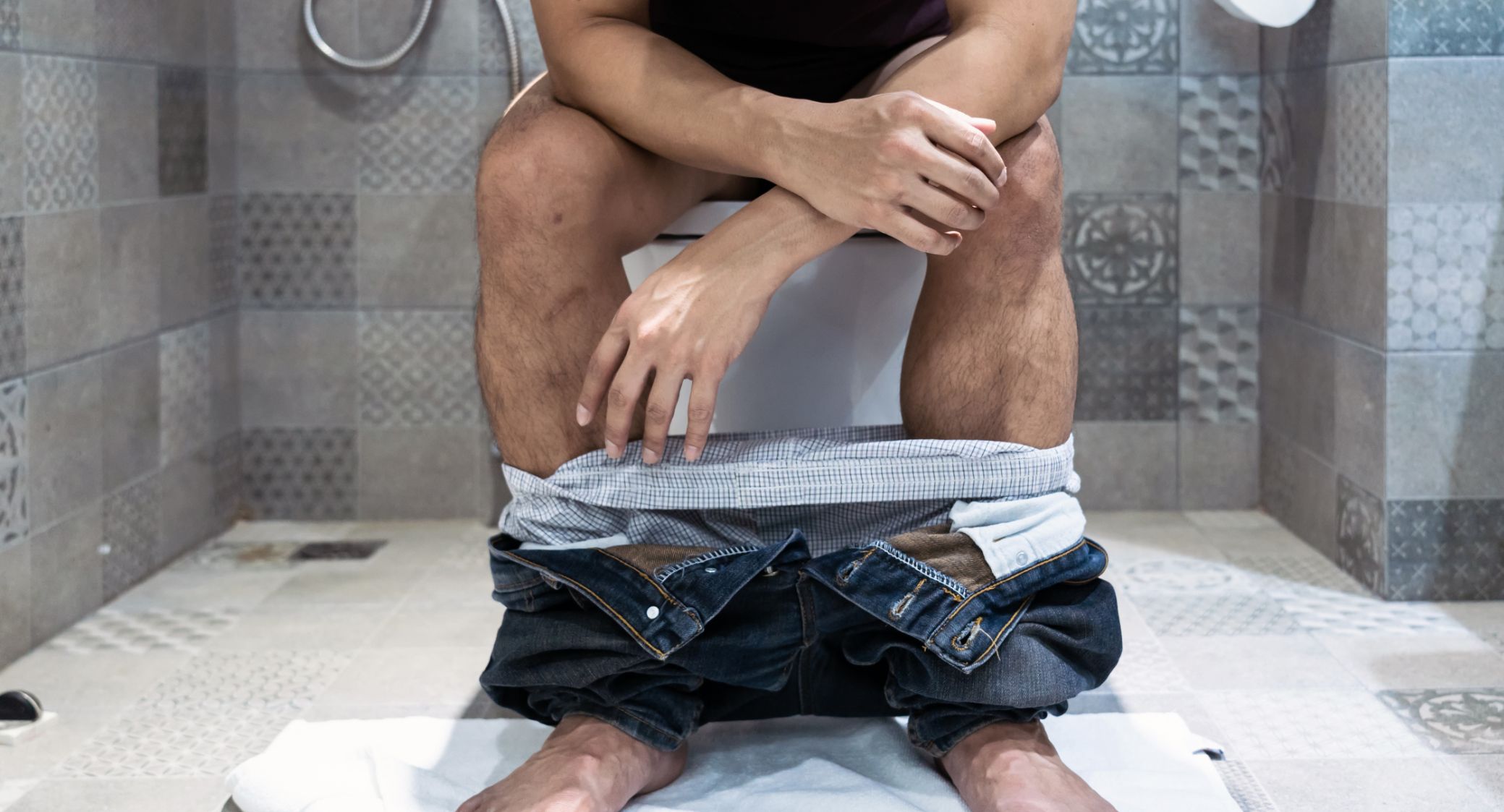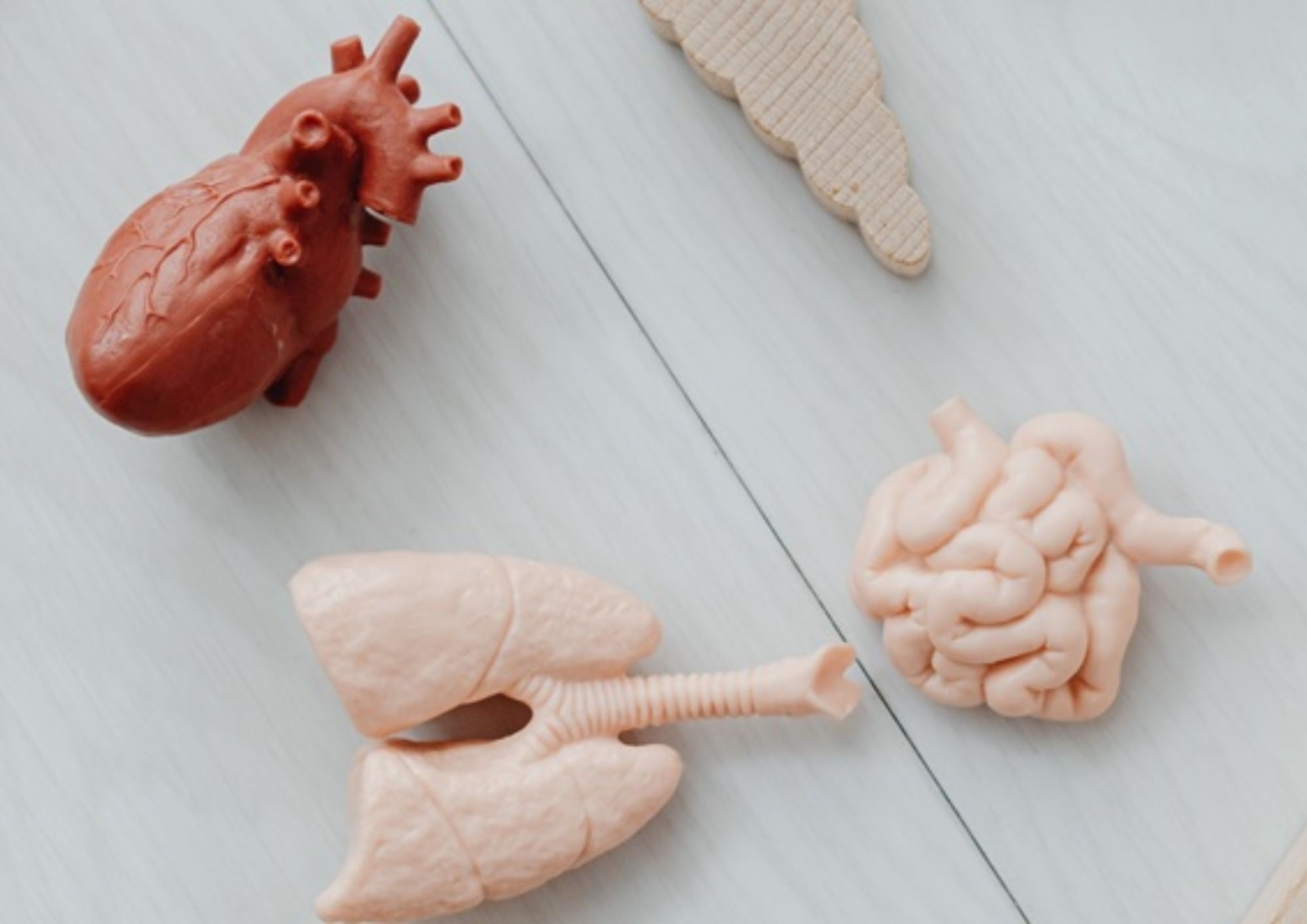What diabetes symptoms can strike on the loo?

Dr Chun Tang, Medical Director at Pall Mall Medical featured in the press discussing:
- What diabetes symptoms can strike on the loo?
- How common are these signs and how early on do they appear.
- What to do once you identify these warning signs?
One of the most common symptoms of diabetes is frequent urination, also known as polyuria. When blood sugar levels are high, the kidneys work to remove excess sugar from the bloodstream. This leads to an increased production of urine, causing individuals with diabetes to have to use the bathroom more often.
Frequent urination can result in dehydration, leading to increased thirst (polydipsia). As the body loses more fluids through urination, it tries to compensate by signalling a greater need for water intake.
Diabetes can cause nerve damage, a condition called diabetic neuropathy. When nerves that control the bladder function are affected, it can lead to difficulties in starting or stopping the flow of urine, resulting in uncontrolled urine flow or incontinence.
High blood sugar levels can create a conducive environment for bacteria to grow in the urinary tract, increasing the risk of UTIs. Symptoms of UTIs may include painful urination, cloudy or bloody urine, and an urgent need to urinate.
Constipation is a common issue for people with diabetes. Fluctuations in blood sugar levels can affect the function of the gastrointestinal tract and lead to constipation.
On the other hand, sufferers may experience bouts of diarrhoea. Uncontrolled diabetes or certain medications used to manage diabetes can lead to gastrointestinal disturbances, resulting in diarrhoea.
Frequent and/or straining bowel movements can lead to the development or worsening of haemorrhoids, which can be more common in people with diabetes.
In some cases, particularly with uncontrolled or undiagnosed diabetes, a severe condition called diabetic ketoacidosis may occur. This condition develops when the body starts breaking down fat for energy due to the lack of insulin. As a result, ketones (chemicals produced during fat metabolism) accumulate in the bloodstream and can be excreted through urine. This may lead to a fruity odour in the urine.
Early symptoms of diabetes can affect various bodily functions, including changes in toilet habits.
Changes in toilet habits may be related to the effects of elevated blood glucose levels on the body.
It's essential to note that experiencing these symptoms doesn't necessarily mean you have diabetes, as they can be caused by other medical conditions too.
If you notice any of these symptoms or have concerns about your health, consult a healthcare professional for proper evaluation and diagnosis. Early detection and management of diabetes are key to preventing complications and maintaining overall health.
Whether you are experiencing severe symptoms or simply seeking peace of mind regarding health concerns related to diabetes you can easily schedule an appointment with one of our experienced GPs either remotely or face to face at one of our North West clinics.




